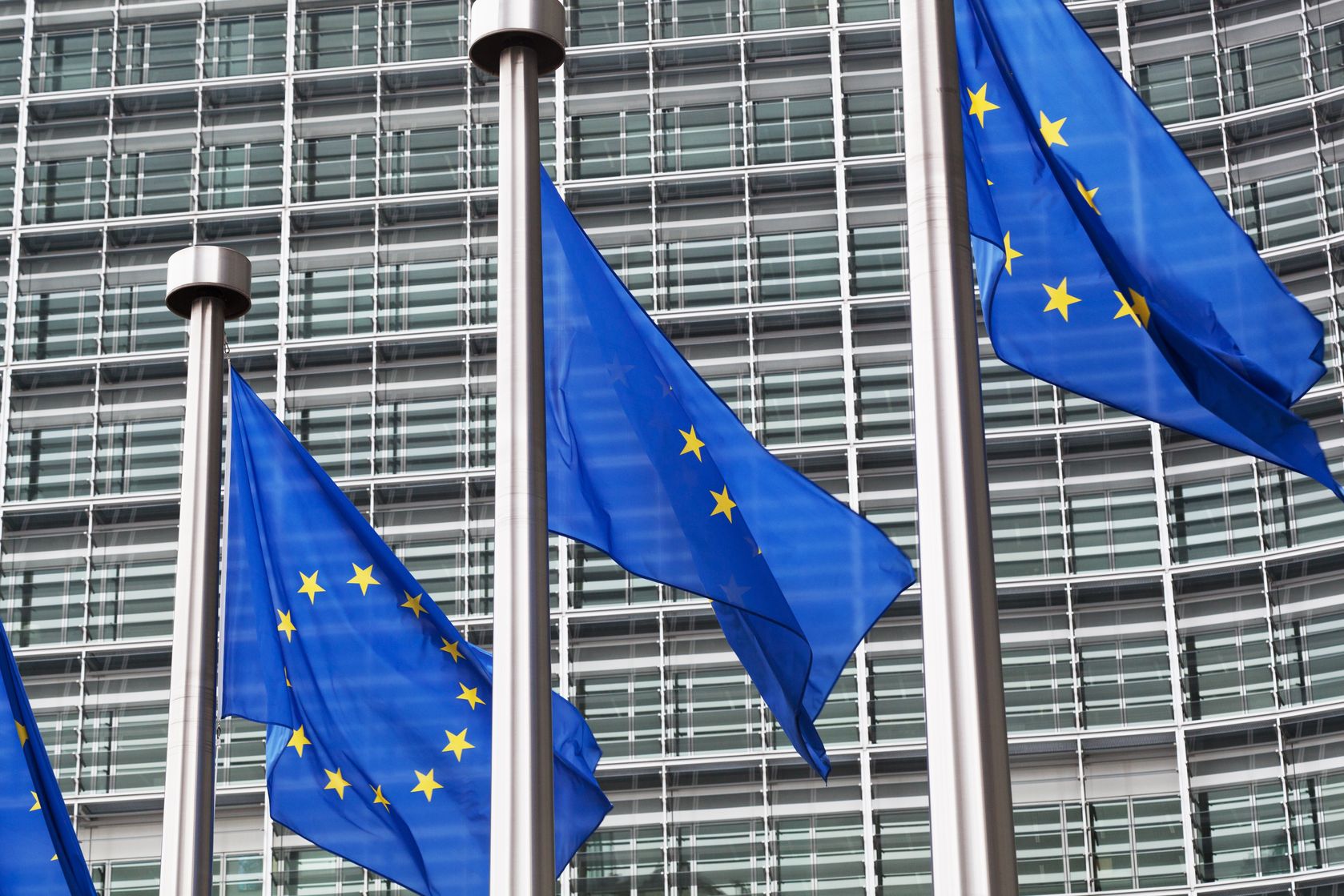New surveys released this week by Britain’s EEF manufacturers’ organization and by PricewaterhouseCoopers predict that the United Kingdom’s June 23 vote to leave the European Union will result in economic slowdown. That may or may not prove true.
What is true is that the worst thing the rest of the world can do is treat the British vote as a typical example of English eccentricity or to see it solely as an economic matter.
The Brexit vote was a sign that the British people had lost faith in globalization and in the political institutions and arrangements that encourage it. This should be of great concern to Western leaders.
There have been symptoms of European discomfort with the idea of a united Europe ever since the 1992 Maastricht Treaty, when the EU pivoted from being a united economic market to being a political entity as well.
Various movements and political parties in a number of countries — including France, Denmark, Italy and Austria — have made skepticism of European integration a signature cause in recent decades. This came to a head in 2005 when French and Dutch voters rejected the European Constitution. Many Brits, meanwhile, also have been among the most vocal Euroskeptics.
If the essence of hostility to European integration centered on the stifling nature of the EU bureaucracy, as some argue — the 80,000 pages of rules and regulations that govern relations among the member states, for example — there would be little need for concern. In that case, the anti-EU movement could be seen as a healthy response to Brussels.
There also would be little need for concern if hostility was based solely on economic matters. It is perfectly possible for European economies to function and prosper outside the EU, as Switzerland and Norway, which have free-trade arrangements with the EU, have shown. Great Britain, remember, thrived as a country for 1,000 years before it joined the EU in 1973. And it should continue to thrive in the years ahead.
The most serious problem in Europe is not economic, financial or bureaucratic, as the pundits would have us believe in the wake of the Brexit vote, but nationalist populism, which is sweeping across the old world. The British vote was a sign of this zeitgeist.
The reason some 17 million British voters rejected continued EU membership is the same reason Austrian voters came close to handing the presidency to an anti-EU candidate several weeks ago; the same reason anti-EU fever is running high in France and Italy ahead of upcoming elections; the same reason Poland and Hungary are governed by nationalist leaders, and the same reason that Denmark and the Netherlands have been fueling hostility to the European Union idea for many years: insecurity and fear.
What is being rejected is not the EU government in Brussels, but immigration, free trade and globalization. Voters feel threatened by these forces.
Marine Le Pen, leader of France’s National Front, the extreme-right party that has benefited from the inadequacy of the center-left and center-right parties responsible for her country’s failed welfare state, is Europe’s most high-profile Euroskeptic. Her entire discourse is directed against the free circulation of goods, capital and people.
A combination of things has fueled the nationalist populism now rampant in Europe, among them the credit and debt crises of 2008-09, which exposed the bankruptcy of the European welfare state, while dishonestly blaming the turmoil on free markets. The influx of central European immigrants and Syrian refugees, and the general unease caused by new technologies among those who fear for their job security also have done their part.
It will be tough for Europe to counteract the growing Euroskepticism in the wake of the Brexit vote. Words alone won’t do it.
What is needed is nothing short of fundamental reform of the overextended European welfare state. Then and only then will the vast majority of Europeans feel empowered, rather than threatened, by globalization, immigration and free trade. If that doesn’t happen, the British vote may be a harbinger of things to come.













